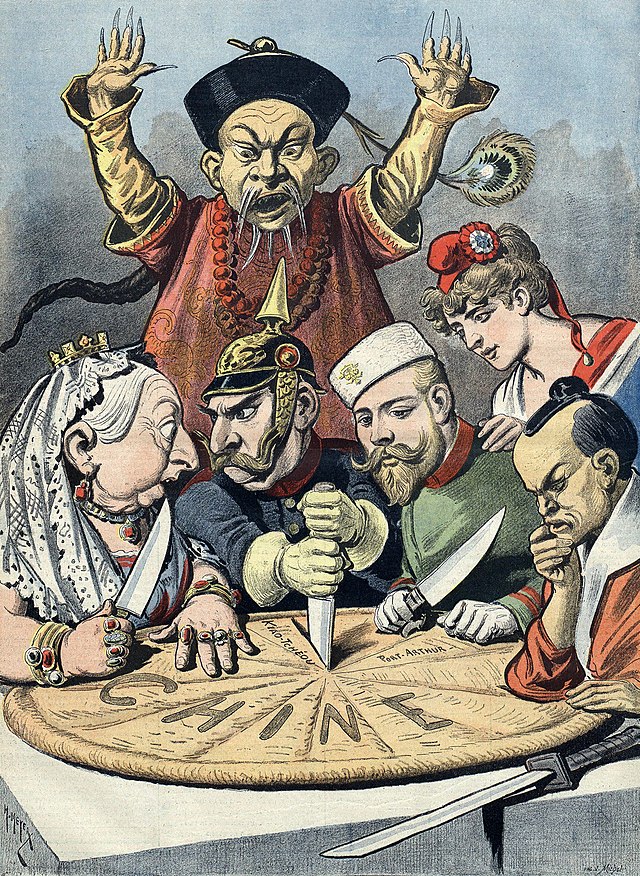Most historians believe the "spark" that ignited (started) World War I was:
The assassination of the Austria-Hungary heir to the throne.
The Austria-Hungary archduke's name was:

Franz Ferdinand
Soldiers that are in the "infantry" are:
Foot or walking soldiers; no horses or vehicles to ride in.
Right after the assassination, what happened next just before the war?
Alliances were built between Serbia and Russia, as well as between Germany and Austria-Hungary.
Name 3 things about the GEOGRAPHY of ancient Rome:
1. Mountains
2. Rivers
3. Coast
Give at least one reason that almost - but didn't - bring the US to war with Germany:
1. Sinking of the Lusitania (British cruise ship) with 128 Americans onboard;
2. The Zimmerman telegram (Message from Germany to Mexico caught by the British asking Mexico's help in the war)
The name given for territory (land) between two fighting groups on a battlefield is:
No Man's Land
"Imperialism" is:
One nation is stronger than the next and takes the weaker nation over.
Think England!
What document officially ended WW I?
Treaty of Versailles
What kind of RELIGION did the ancient Egyptians and Greeks practice?
They were polytheists.
The US finally entered WW I in April 1917 after this event occurred:
Continued sinking of American ships that were carrying supplies (weapons) to England and France.
The US President that led the nation through WW I was:
Woodrow Wilson
"Nationalism" is:
The idea that one nation is superior (better) than the next. Think how most European nations thought they were superior to Africans, Chinese, Indians, etc....
After the "Great War" ended, President Woodrow Wilson tried to build a world-wide organization known as the:
League of Nations
*Wilson failed, but the United Nations did develop, helping put down conflicts and wars throughout the world.
List at least ACHIEVEMENTS of ancient Greece:
1) Writing (literature - plays, dramas)
2) Architecture (the Parthenon, the acropolis, etc.)
3) Democracy!
4) Arts, poetry, sculpture .....
List the 4 causes of WW I (the acronym and the words it describes):
M - Militarism
A - Alliances
I - Imperialism
N - Nationalism
 Who was this, the German leader during WW I?
Who was this, the German leader during WW I?
Kaiser Wilhelm II
*If the selecting team doesn't get this answer, the question will be thrown out and no points lost. Another question will then be allowed for the same team.
An “alliance” is a union or association formed for ___________ ____________, especially between countries or organizations.
Mutual benefit
With the signing of the Treaty of Versailles in 1920, what "punishments" were placed on Germany? *Must list at least two!
1. No large military force anymore
2. War reparations
3. Loss of land and overseas colonies (Africa)
Recall the POLITICAL structure of India ... how did people know what jobs or positions they were to do?
Caste system:
Brahmins, Kshatriyas, Vaishyas, Shudras, Pariah (outcasts)
"Burger King has Very Salty Potatoes" :)
Why do most historians feel the Treaty of Versailles helped bring about World War II?
Its terms (conditions) against Germany were severe, pushing Germany into a "corner" where all it could do to regain its position in the world was to fight back.
The assassin of the Austria-Hungary archduke was:
Gavrilo Princip
The word for monetary payments after a war to pay back the winning side (like Germany paid $33 billion to the Allies!) is called:
Reparations
Identify at least 3 empires that saw their lands broken up and divided among other nations post-WW I:
1. German Empire
2. Ottoman Empire
3. Austro-Hungarian Empire
4. Russian Empire
Of this list, identify the 3 items that deal with the ECONOMICS of America:
The US Constitution, a $20 bill, roads, apples, schools, Abraham Lincoln
$20 bill is spent; roads and schools take money to build.